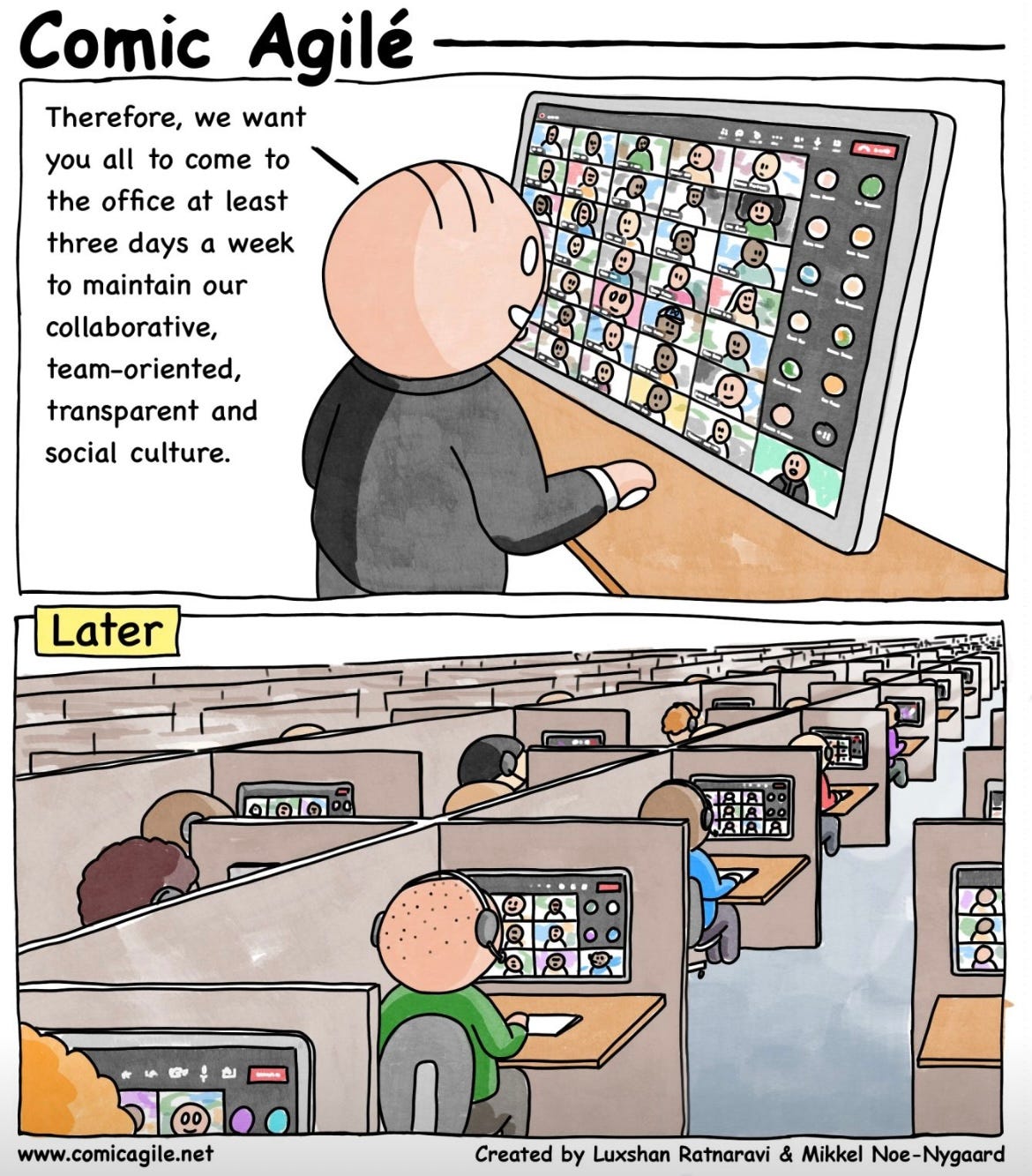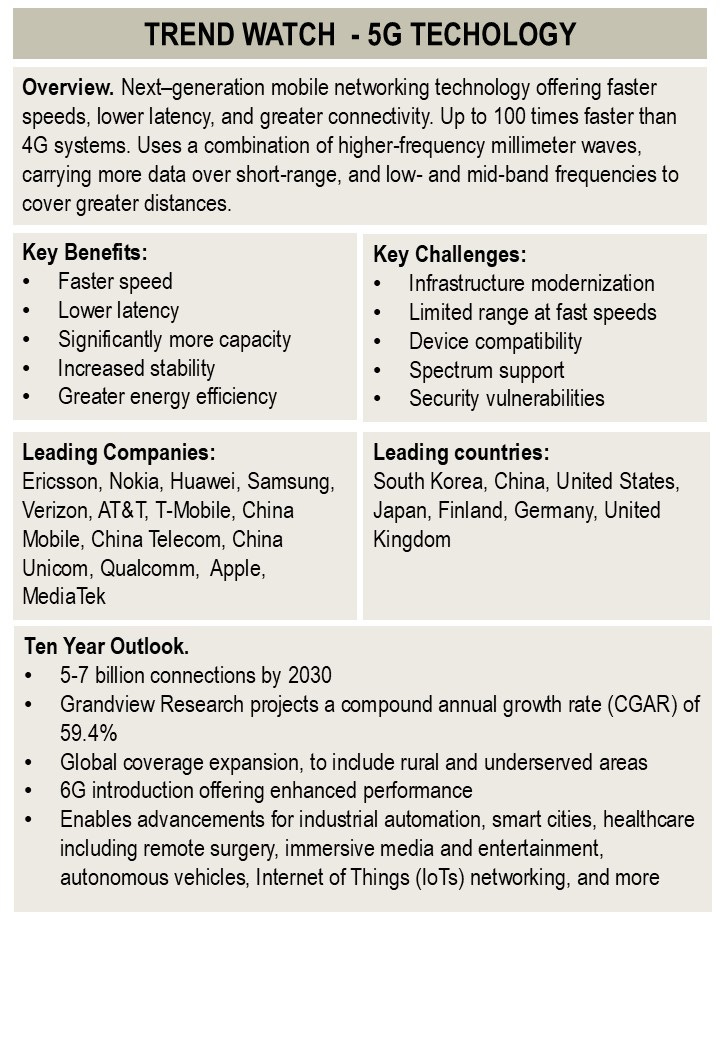Going Paid
I’ve resisted setting up paywalled posts, but a few things have happened that suggest it’s time.
For one, the algorithm favors sites with a paid option, extending reach. I’m getting more views from Substack and taking this path may provide even greater exposure, even if nobody signs up for a paid account.
Secondly, I have things spread across multiple platforms, including sites where I offer guides, e-books, etc. for sale. I’ll leave them up, at least for now, but consolidate with Substack as my home base. Rather than selling individual items in various place, I’ll include them as benefits of paid subscription.
My long-range goal is to build an online community - something along the lines of Skool or Mighty Networks - where members share ideas, collaboratively work on research and projects together, and ultimately team for paying work. That requires an investment in time and money, and I need more people onboard than I currently have. Rather than waiting, I can start putting the pieces together here and see where it goes.
Finally, some have pledged support if I went paid, which I greatly appreciate.
I still plan to post weekly for free with the same sort of content. The paid accounts will include more in-depth foresight and strategy articles, guides, checklists, and such, as well as my e-book and whatever else come along.
Anyone Follow Prediction Markets?
I’ve been watching prediction markets, like Polymarket, for some time, although I’ve yet to participate. These are sites where people place bets on the outcome of world events, sports, politics, and a range of other issues.
The scoreboard looks similar to that of a poll, but unlike a poll, people put real money on the line. Polymarket has over $2.5 billion in bets for the US Presidential election.
For this election, there’s considerable difference between what the prediction markets and polls are forecasting. It will be interesting to see who’s right and what it all means going forward.
Will polls prove themselves still viable or are they a relic of the past? Are prediction markets and online crowdsourcing the future or just hype? We may get some insights soon.
The Future of Automation
There are several technologies offering promises of advanced automation through better data collection, process streamlining, extended reach, increased productivity, improved delivery, enhanced decision-making, and such. Each has the potential to be transformative, but when integrated the result can be extremely powerful.
Listed below are the global compound annual growth rate (CAGR) projections for the enabling tech through the end of the decade to give an indication where things are headed:
Kicking Problems down the Road
I was reading Seth Godin’s latest book - This is Strategy: Make Better Plans - and came across this quote: “The Iroquois Confederation lived by a simple principle: “In our every deliberation, we must consider the impact of our decisions on the next seven generations.”
Most of us don’t think that far ahead and it’s hard enough trying to plan for next month let alone centuries into the future. However, we often knowingly kick problems down the road where they snowball into even bigger issues rather than nipping them in the bud. We focus on immediate satisfaction or what’s hot on our plates and leave the growing dumpster fire for later.
You have to think short- and long-term simultaneously.
Back to the Office
I’ve seen this several times in real life. If you feel people need to come back to the office, be honest about why.



